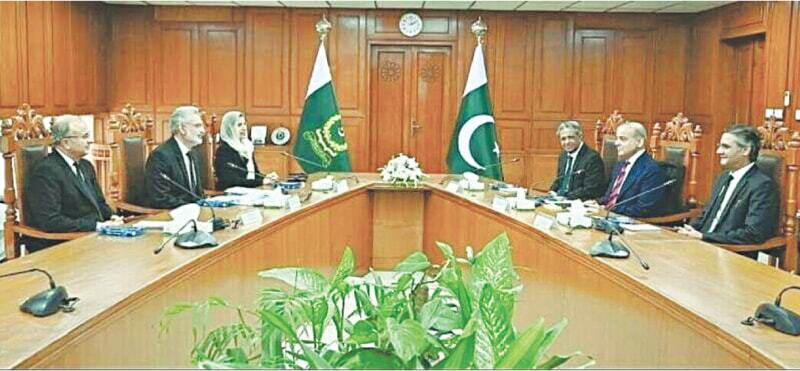
Did the CJP Postpone JC Meeting Due to Judicial Package Talks for His Extension 2024
In a move that has sparked speculation, the Chief Justice of Pakistan (CJP) recently postponed a scheduled meeting of the Judicial Commission (JC). The decision has led to widespread rumors that the postponement may be linked to ongoing discussions about a potential judicial package that could extend the CJP’s tenure. This development has become a hot topic in legal and political circles, raising questions about the implications for the judiciary and the rule of law in Pakistan.
The Postponement: A Strategic Move?
The scheduled JC meeting was expected to address several important issues, including the appointment of new judges and the review of pending cases. However, the sudden postponement has left many observers wondering about the reasons behind the decision. Some believe that the postponement is a tactical move by the CJP to buy time as discussions about a judicial package continue behind closed doors.
The judicial package, if approved, could potentially include provisions for extending the CJP’s tenure beyond the standard retirement age. This has led to intense speculation about whether the CJP is seeking to secure his position in the face of mounting challenges within the judiciary and the broader political landscape.
The Role of the Judicial Commission
The JC plays a crucial role in Pakistan’s legal system, with the authority to make key decisions regarding the appointment and promotion of judges. Any delay in its proceedings can have significant implications for the functioning of the judiciary. The postponement of the JC meeting has therefore raised concerns about potential delays in the judicial process, as well as the impact on pending cases.
Critics argue that the postponement may undermine the independence of the judiciary, particularly if it is linked to efforts to extend the CJP’s tenure. They warn that any perceived interference in the judicial process could erode public trust in the judiciary and lead to further political instability.
Political Reactions and Implications
The postponement of the JC meeting has not gone unnoticed in political circles. Opposition parties have been quick to seize on the issue, accusing the government and the judiciary of engaging in behind-the-scenes negotiations that could undermine the rule of law. They argue that any extension of the CJP’s tenure should be done transparently and in accordance with the constitution, rather than through backdoor deals.
The government, on the other hand, has remained tight-lipped about the issue, neither confirming nor denying the rumors of a judicial package. This silence has only fueled further speculation and uncertainty, leaving the public to wonder about the true motivations behind the postponement.







